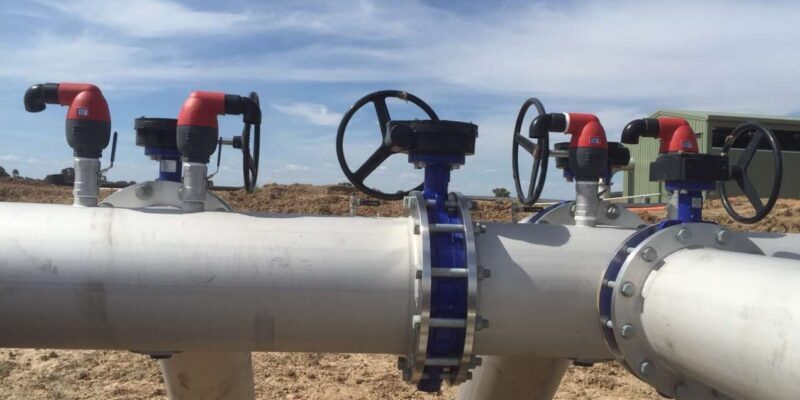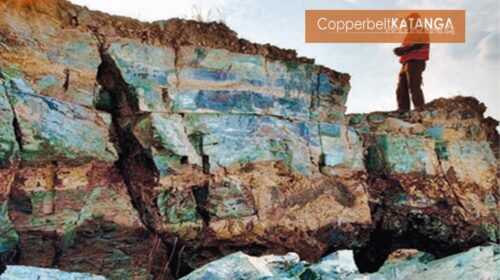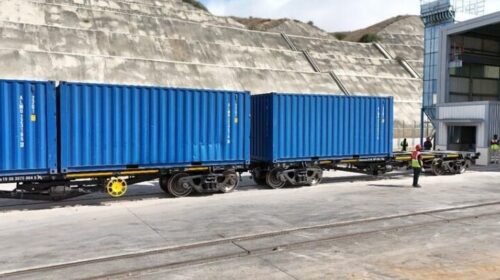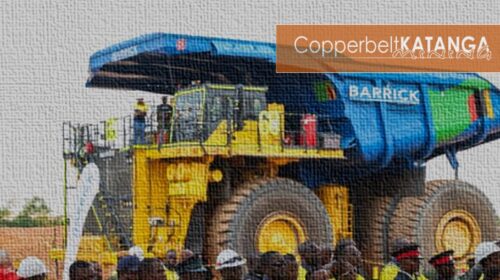The importance of air valves that don’t leak.
Air valves are vital in pipelines and pump stations.
- They allow air to escape from pipelines – keeping them working efficiently.
- They allow air into pipelines to prevent damaging vacuums from forming.
- Pump stations need air valves to reduce the impact of water hammer which can cause significant damage.
But, most air valves leak. And, the way most air valves are designed makes leaks inevitable.
Let me explain…
Most air valves have two orifices – holes – to let air in and out.
- The small orifice allows tiny entrained air bubbles out during normal operation.
- The large orifice can let much more air in or out, but is seldom active. It’s there to let air out when the pipe is filled from empty, and to let air in if a vacuum develops – perhaps because of a pump failure. It is likely to be closed for most of its life.
The valve is kept closed by a float. The pressure in the pipeline pushes the float up, closing the valve. Atmospheric pressure plus the weight of the float pull the float down, opening the valve.

Let’s look at how that works for each orifice.
The small orifice opens as the water drops away and the float drops.For this to happen, the float needs to be heavy enough to overcome the force fixing the float to the orifice. But it can’t be too heavy or it wouldn’t float.
The float could be made heavier if it was bigger, but that would mean the valve body would have to be unacceptably large to accommodate the bigger float.
So the only way for the float to provide enough force is to reduce the force needed by making the orifice very small. Tiny orifices get clogged easily. Once they’re clogged they can’t let air out, and the trapped air reduces efficiency.
The large orifice will be closed for most of its life. The closing force comes from the pressure in the pipeline acting on the float. That force can be significant – a 200mm air valve on a pipeline with a design pressure of 16 bar would exert a closing force of 5 123kg. What do you think happens to a seal subject to a continual force of 5 tonnes?
It fails. Sometimes after only a short period in operation and the valve leaks.
A leaky valve can allow dirt into the pipeline, but that’s not the biggest problem.
Operators have been known to “fix” leaky air valves by closing the isolation valve between the pipeline and the air valve – thus removing the air valve from the system. At best this results in lower capacity as air pockets build up. At worst, significant risk of damage to pipes and equipment in the event of a pump or electricity failure.
I’ve seen another expensive disaster from leaky air valves. This one was on a large-bore pipeline in a neighbouring country. The valve chambers filled with water from the leaky air valves. In time that lead to rusting of the geared isolating valves also in the chambers. They required total replacement at the cost of several million.
A.R.I. – one of the largest manufacturers of air valves in the world – came up with a very clever seal design. It’s probably the only maintenance-free air valve. They offer a 10-year guarantee against seal leakages. It’s perfect for African conditions and it’s now made in South Africa.
59 total views , 1 views today





